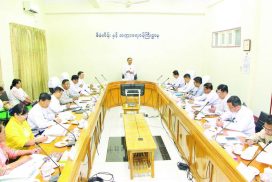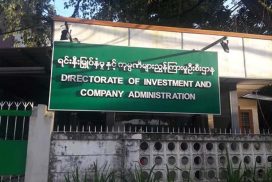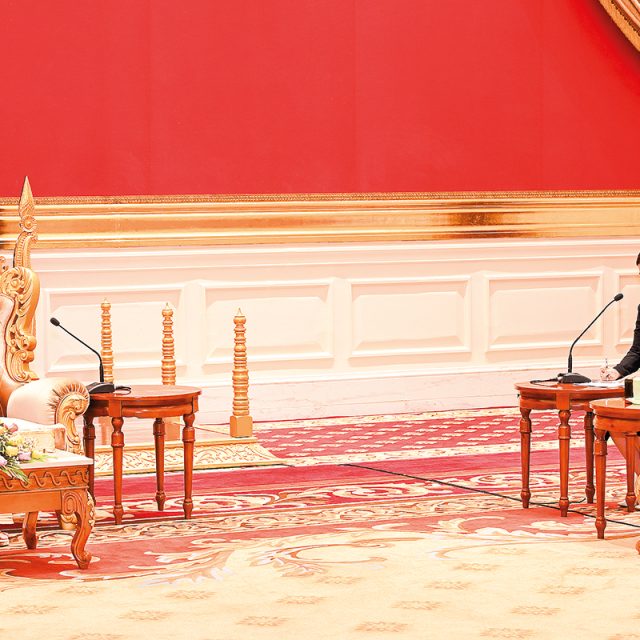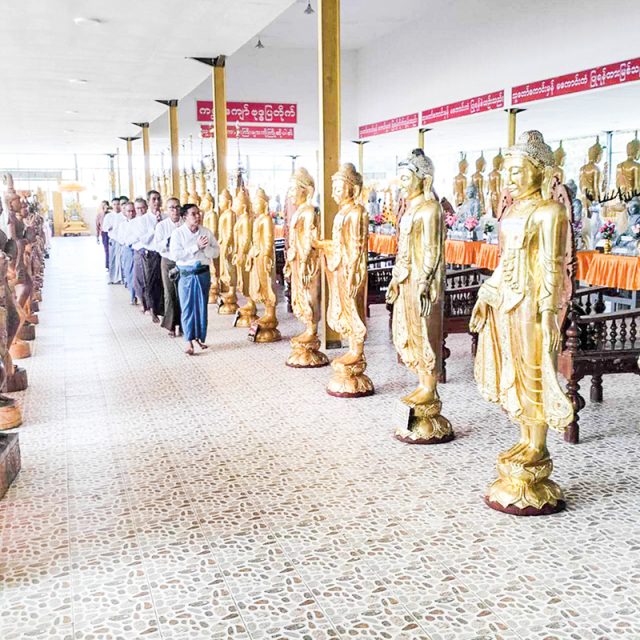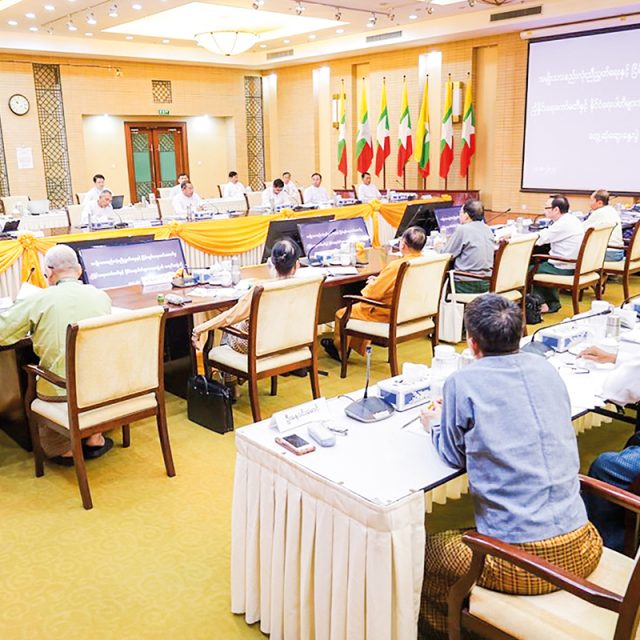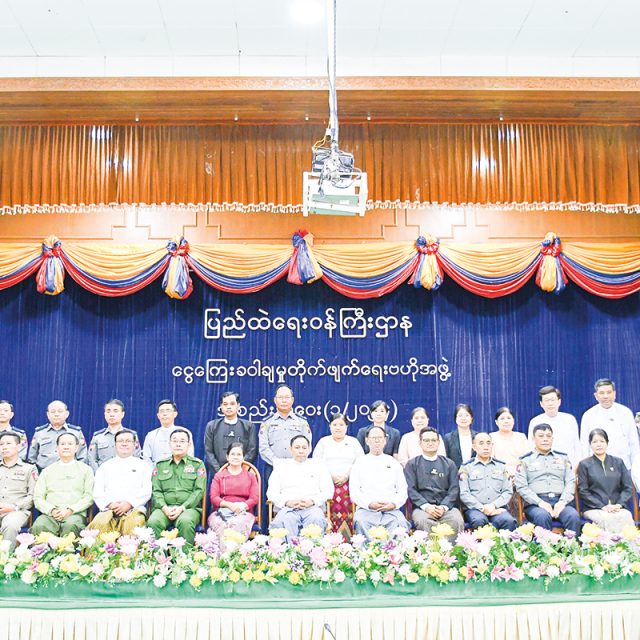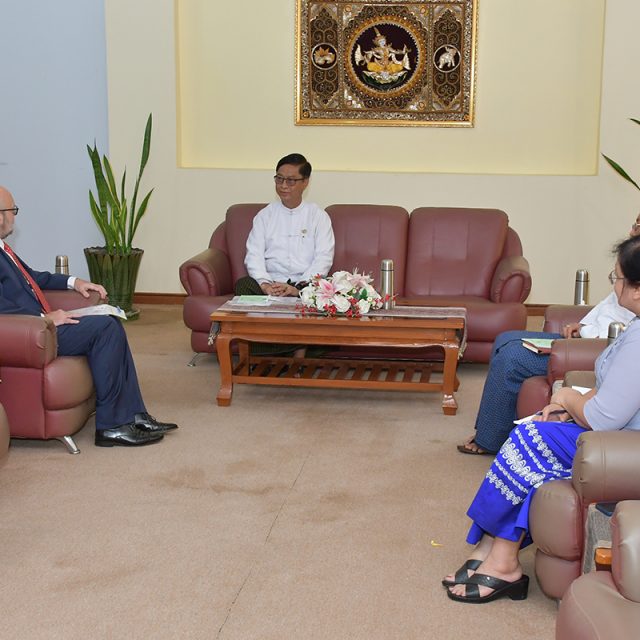In Myanmar, the cultural expectation of repaying gratitude is deeply ingrained, with an emphasis on fulfilling obligations to those who have provided assistance. This principle extends to financial matters, where borrowers are expected to repay their debts. During the COVID-19 pandemic, Myanmar faced severe challenges, resulting in numerous fatalities and widespread economic difficulties for businesses. To address these hardships, the government provided loans to business owners, aiming to help them revive and sustain their operations, thereby supporting the broader economy.
These loans were drawn from a COVID-19 fund established through a combination of government budget allocations and public donations. Initially intended to cover healthcare expenses related to the pandemic, the fund’s focus shifted as the situation improved. With a reduced need for healthcare spending, the government decided to redirect the funds to support businesses in need.
Borrowers who received these loans were expected to repay them on time. However, many struggled to meet their obligations, prompting the government to offer an initial one-year extension. Recognizing the ongoing difficulties faced by businesses, the government granted two additional extensions, giving borrowers three years in total to repay their loans. Despite these accommodations, a significant number of businesses have still failed to repay their debts.
On 10 August, the Covid-19 Economic Impact Remedying Committee announced that it would take action against companies and businesses that have not fully repaid their loans, including both the principal and interest. The committee plans to publish the names of these delinquent borrowers in state-owned newspapers and pursue legal action under the government’s regulatory framework.
This announcement serves as a reminder that, even in times of crisis, financial responsibilities must be honoured. Failing to repay these loans not only violates the cultural expectation of gratitude but also jeopardizes the collective effort to rebuild Myanmar’s economy. The government’s enforcement of repayment underscores the importance of fulfilling these obligations, both to maintain trust within the financial system and to ensure that resources are available to support future needs.
The committee has set records on acknowledging the repaid businesses and companies and warned borrowers across the nation to pay back the loans as quickly as possible. If not, they will face legal action and some punishment for their failures. In fact, Myanmar’s traditions have taught all Myanmar people not to forget the gratitude and debts of others since childhood.
Don’t fail to pay back loans to Covid-19 fund
- August 22, 2024
- 16


